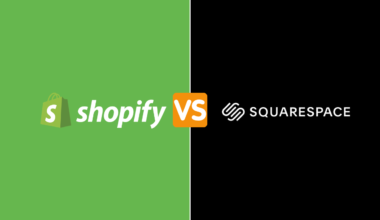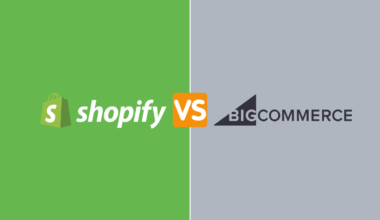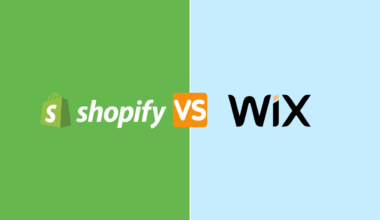If you’re considering using Amazon FBA versus
Table of Contents
Overview of Amazon FBA
Under Amazon FBA, sellers send goods to the fulfillment centers. Amazon makes arrangements for storage, packing, and shipment. It also provides customer service.
| Pros of Amazon FBA | Cons of Amazon FBA |
|---|---|
| Prime Shipping: Items fulfilled by Amazon are eligible for Amazon Prime. This alone can increase sales significantly. | Fees: A high cost for Amazon FBA fees; there are fees for storage, selling. |
| Customer Trust: Amazon’s reputation and huge customer base increases volume of sales. | Limited Branding: The seller does not hold much control over the brand and how the customers experience that brand. |
| Logistics and Customer Service: Shipping, returns, and customer service are handled by Amazon, allowing the seller to focus on other aspects of his business. | Competition: Because it is the biggest online retailer, extreme competition for your products may exist on Amazon. |
| World Exposure: Global exposure to markets via Amazon’s worldwide platform. | Dependence on Amazon: Your business could be impacted by policy changes at Amazon since buyers are subject to their rules and regulations. |
Overview of Shopify
Shopify is an e-commerce platform used to create users’ online stores. It provides a wide variety of customizable templates and tools to manage inventory, process payments, and market products.
| Pros of Shopify | Cons of Shopify |
|---|---|
| Customization: Full control to have any look and feel for your online store it can have a unique branding. | Self-Management: Sellers are responsible for self-managed logistics, customer service, and website maintenance. |
| Marketing Tools: A bundle of marketing tools available, including SEO, email marketing, and social media integrations. | Marketing Efforts: More effort is required to drive traffic to the store compared to Amazon and its large existing customer base. |
| Direct Customer Relationship: Get in touch with customers directly to enable personal marketing for better retention. | Monthly Fees: Shopify charges monthly subscription fees alongside transaction fees for using external payment gateways. |
| Scalability: Applicable to all types and scales of businesses, even from a small startup to big enterprise identity. | Learning Curve: Compared to Amazon FBA, building and maintaining a Shopify store may require a little more effort. |

Key Factors to Consider
1. Business Model:
- Amazon FBA: This model is the best for those companies that need to use the most with regards to Amazon’s infrastructure and client base without getting involved in the hassle of logistics.
- Shopify: Suitable for businesses looking to have more control over their brand and customer experience, who are willing to invest some budget into marketing.
2. Budget:
- Amazon FBA: You’ll need to absorb a host of fees from storage to fulfillment and referral fees. suitable for those with the budget.
- Shopify: Invest in monthly subscriptions and probably further marketing. Suitable for businesses that can afford these ongoing costs.
3. Marketing Strategy:
- Amazon FBA: Not so much emphasis on driving traffic since there are already customers on Amazon to begin with. Great for those who prefer not to invest heavily in marketing.
- Shopify: requires a proactive approach to marketing in order to drive the required traffic towards your store. Best for businesses having an effective marketing strategy.
4. Brand Control:
- Amazon FBA: Not much scope for branding and customer interaction at the grassroots level directly. Suitable for those who prioritize convenience over brand control.
- Shopify: You are in full control over your branding and relationships with customers. Suitable for people who want to build a highly personalized brand identity.
Conclusion
Among Amazon FBA and Shopify, the choice depends on the priorities of the business and what resources are at your fingertips. If you want ease of use, a huge potential customer base, and you do not care about the fees, then Amazon FBA will always turn out to be the right move. On the other hand, if one wants to have complete control over the brand, invest in marketing, and develop a personal relationship with customers directly, then Shopify might turn out to be a better bet. you can make the best decision for your e-commerce venture by carefully considering these options based on the model of your business, the budget, marketing strategy, and brand goals.






